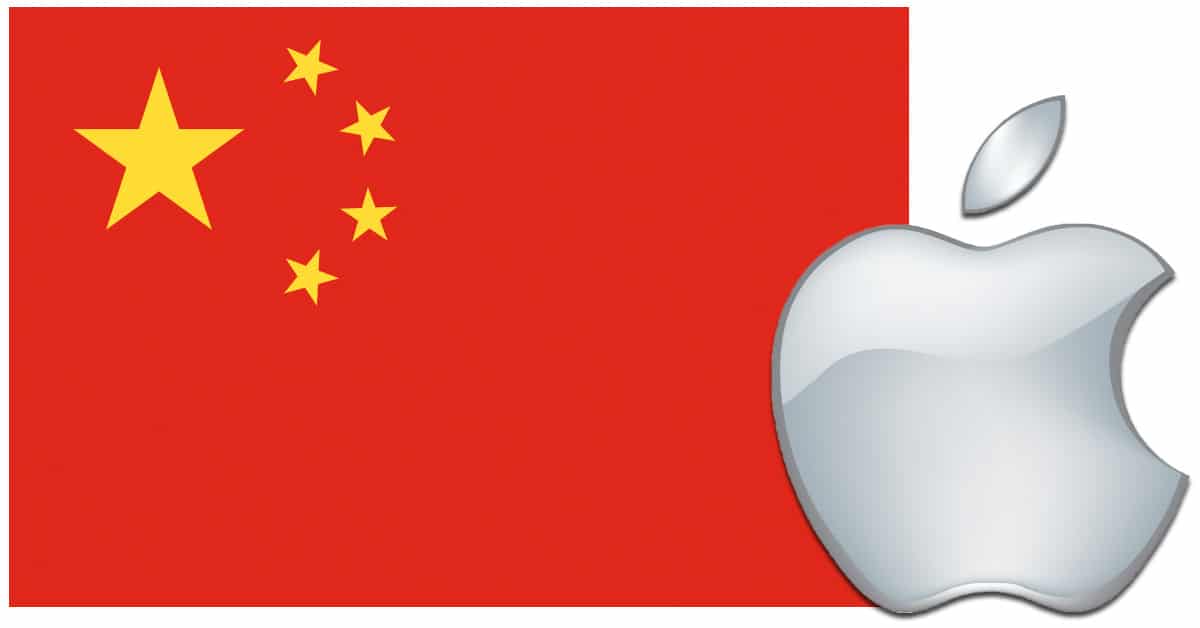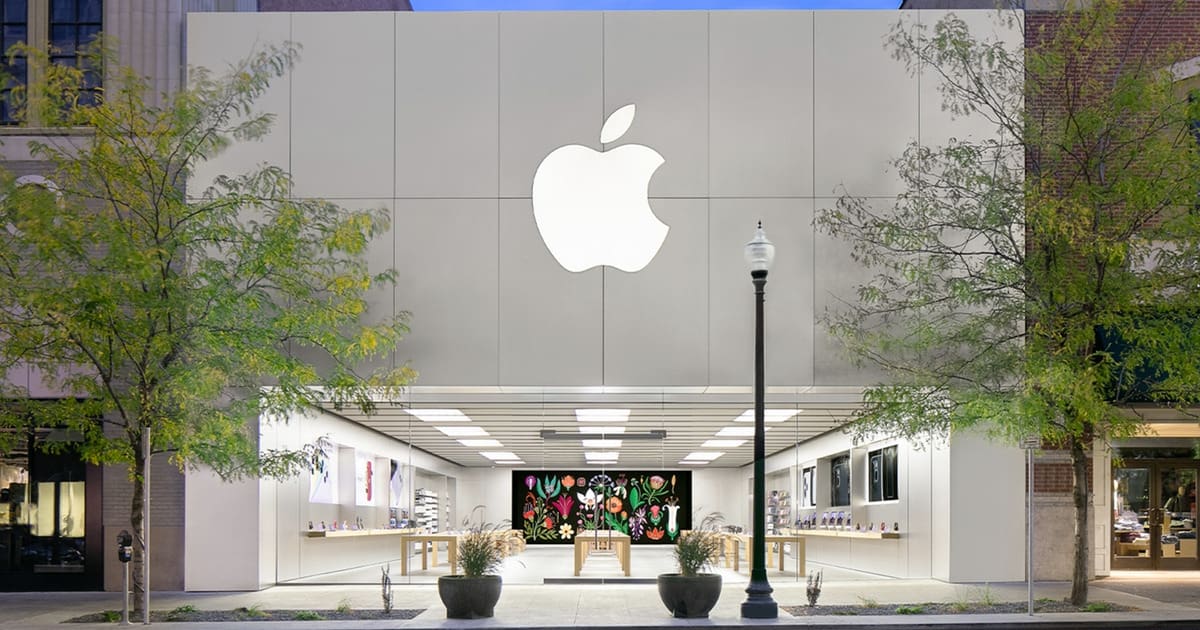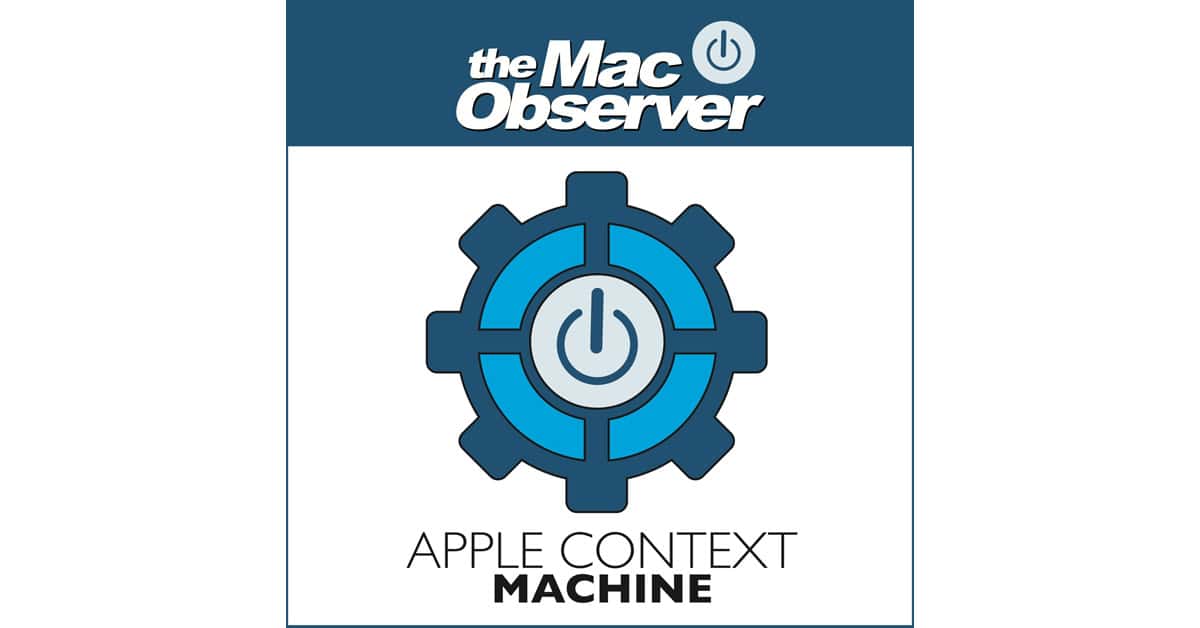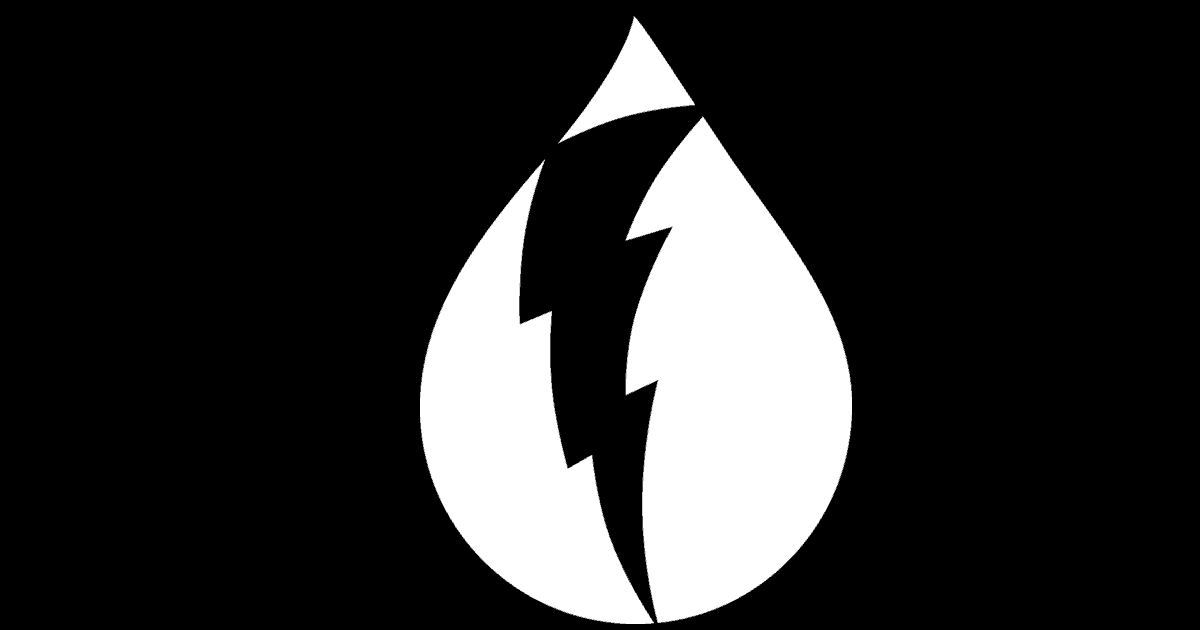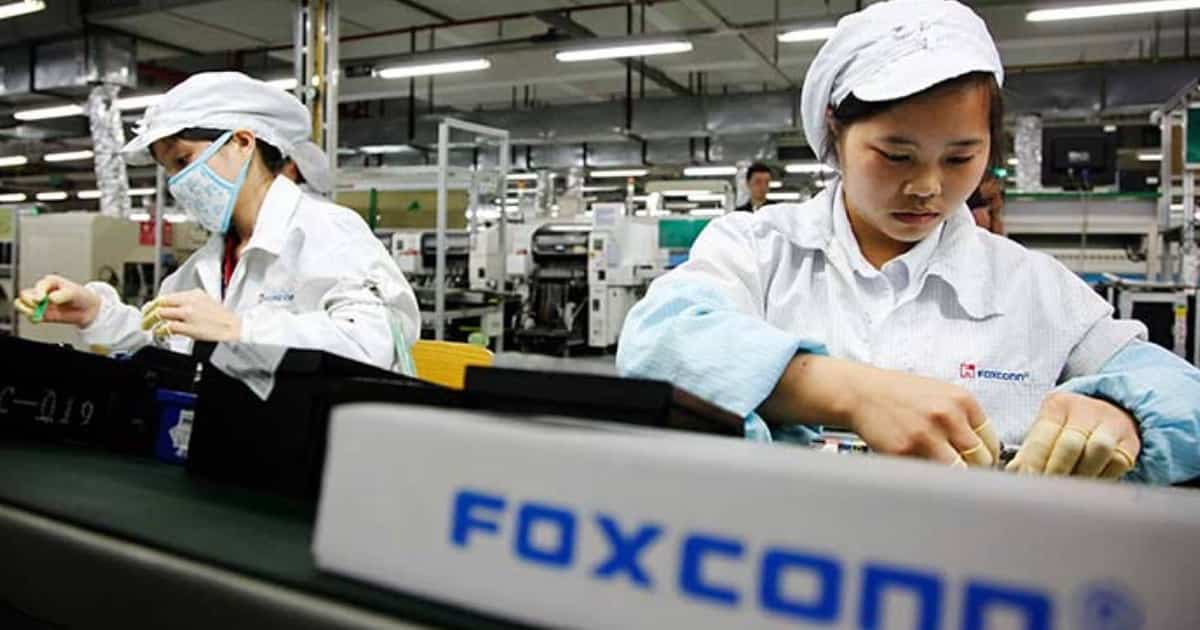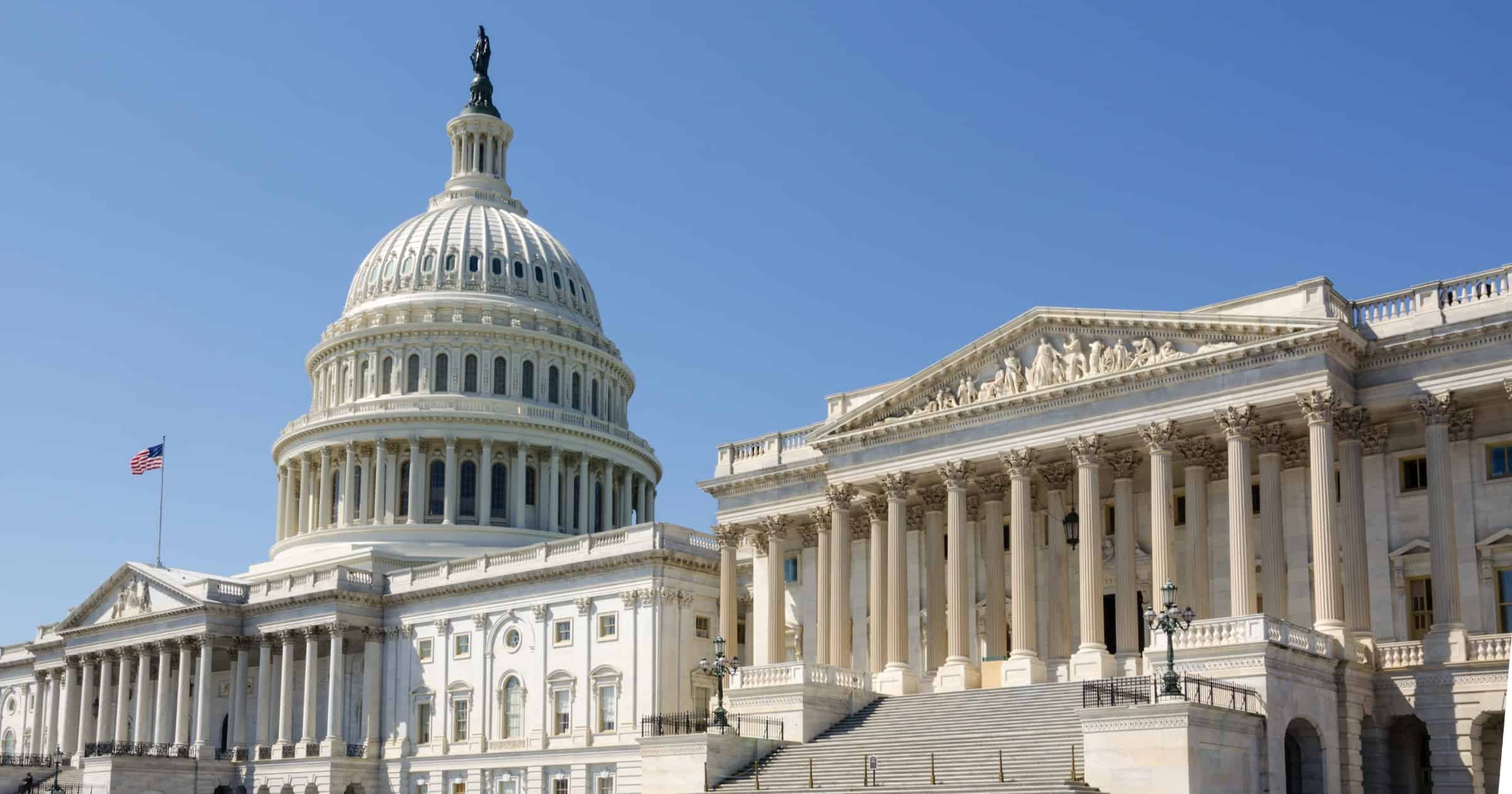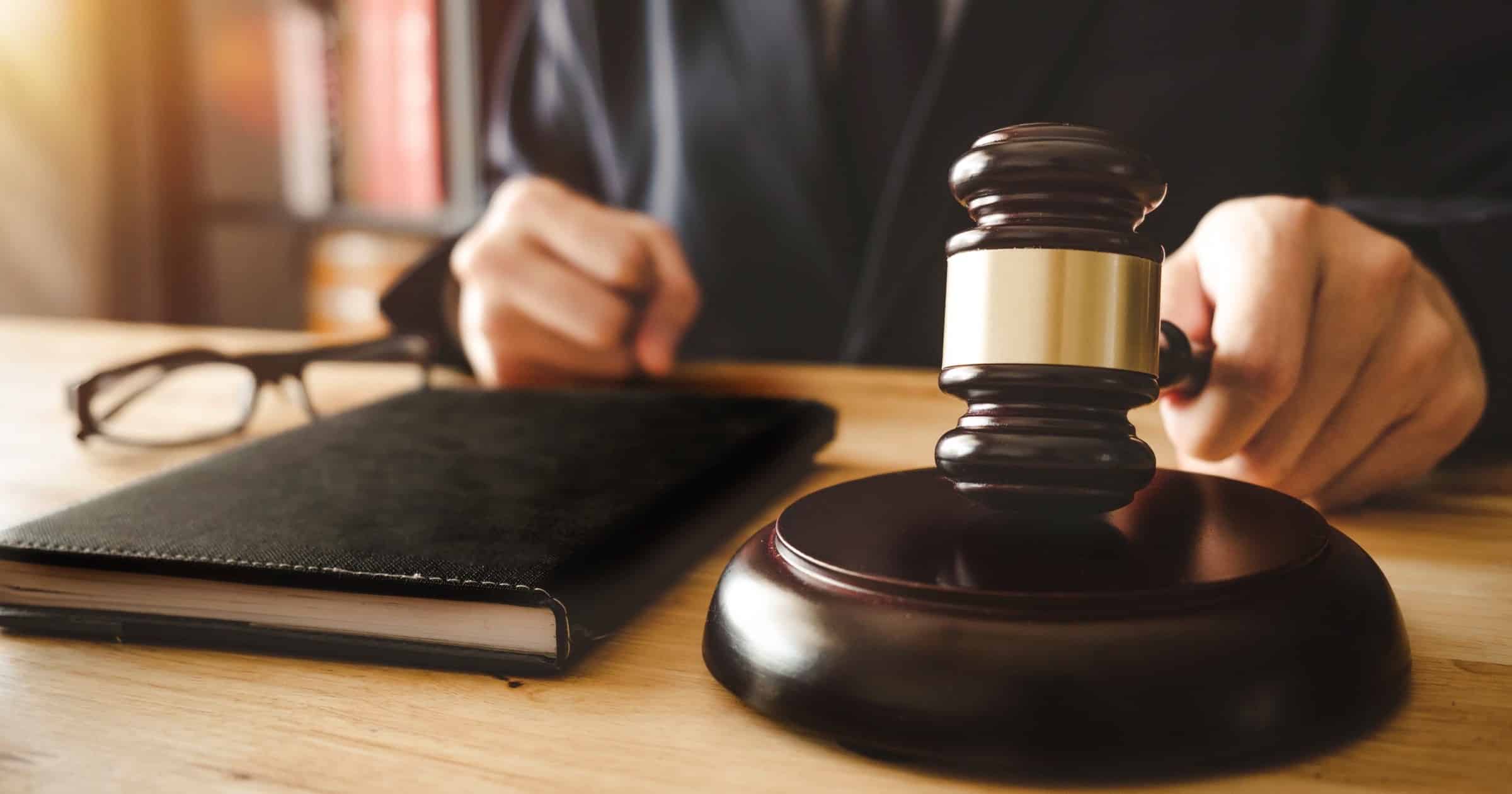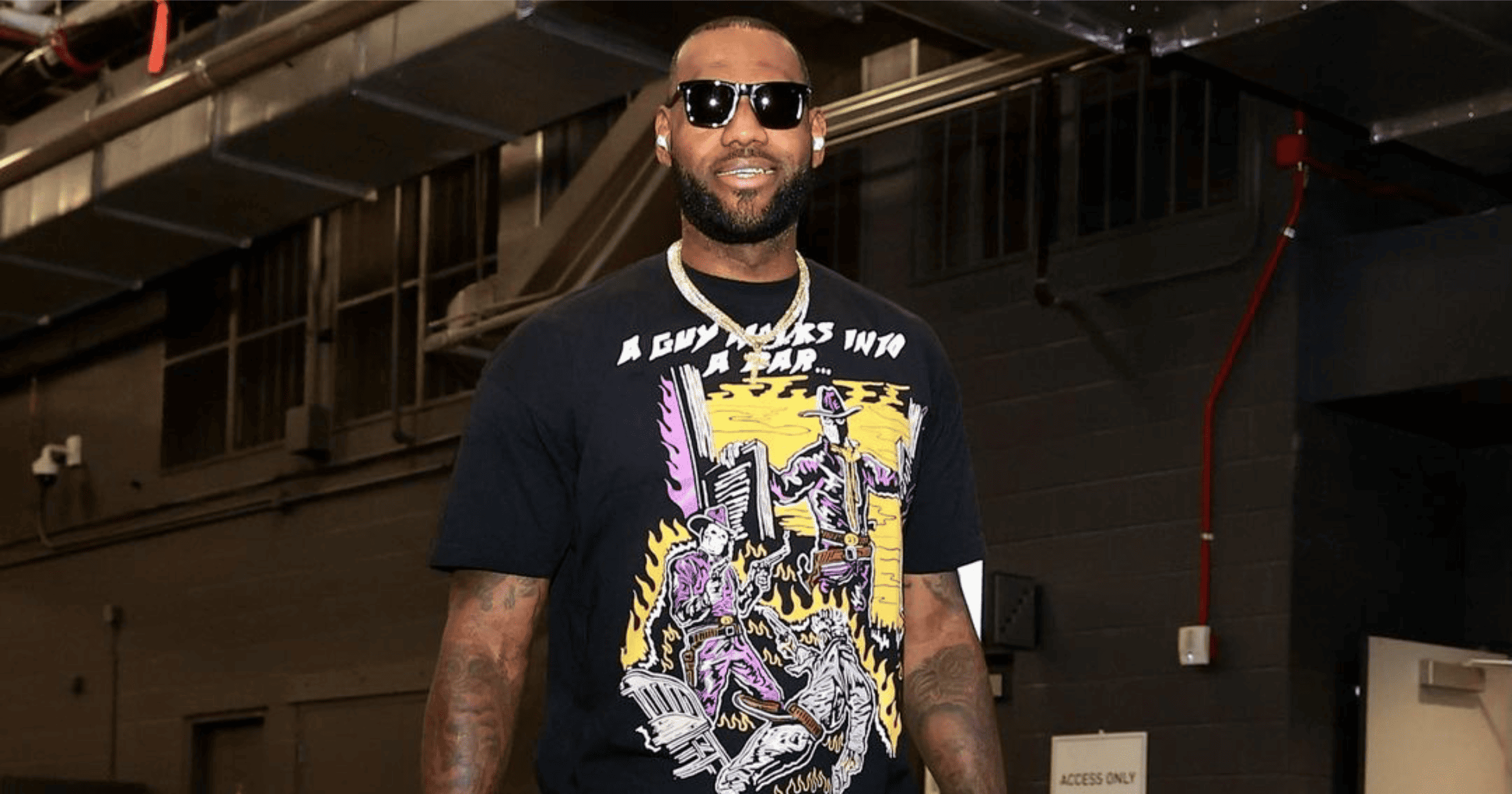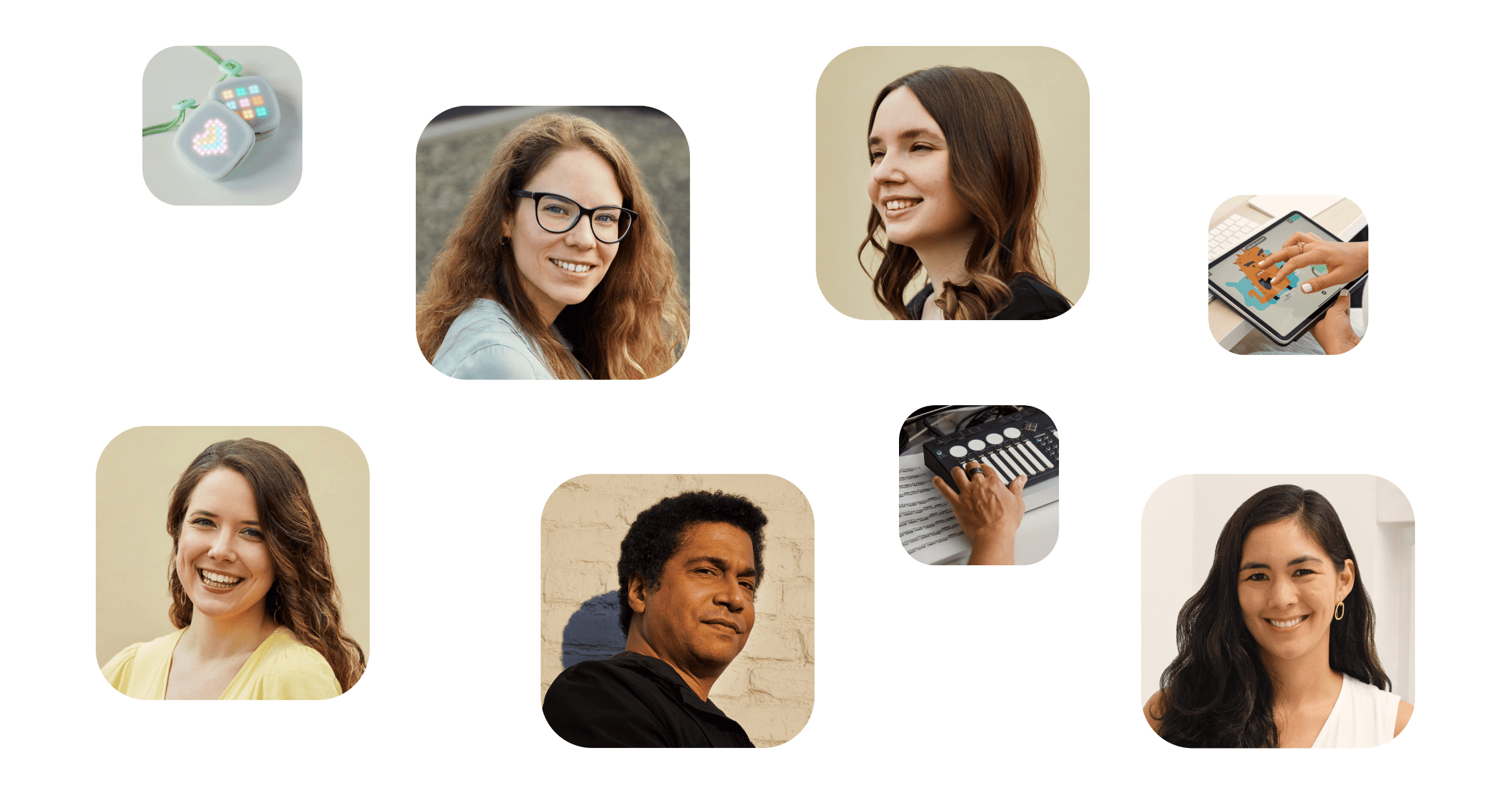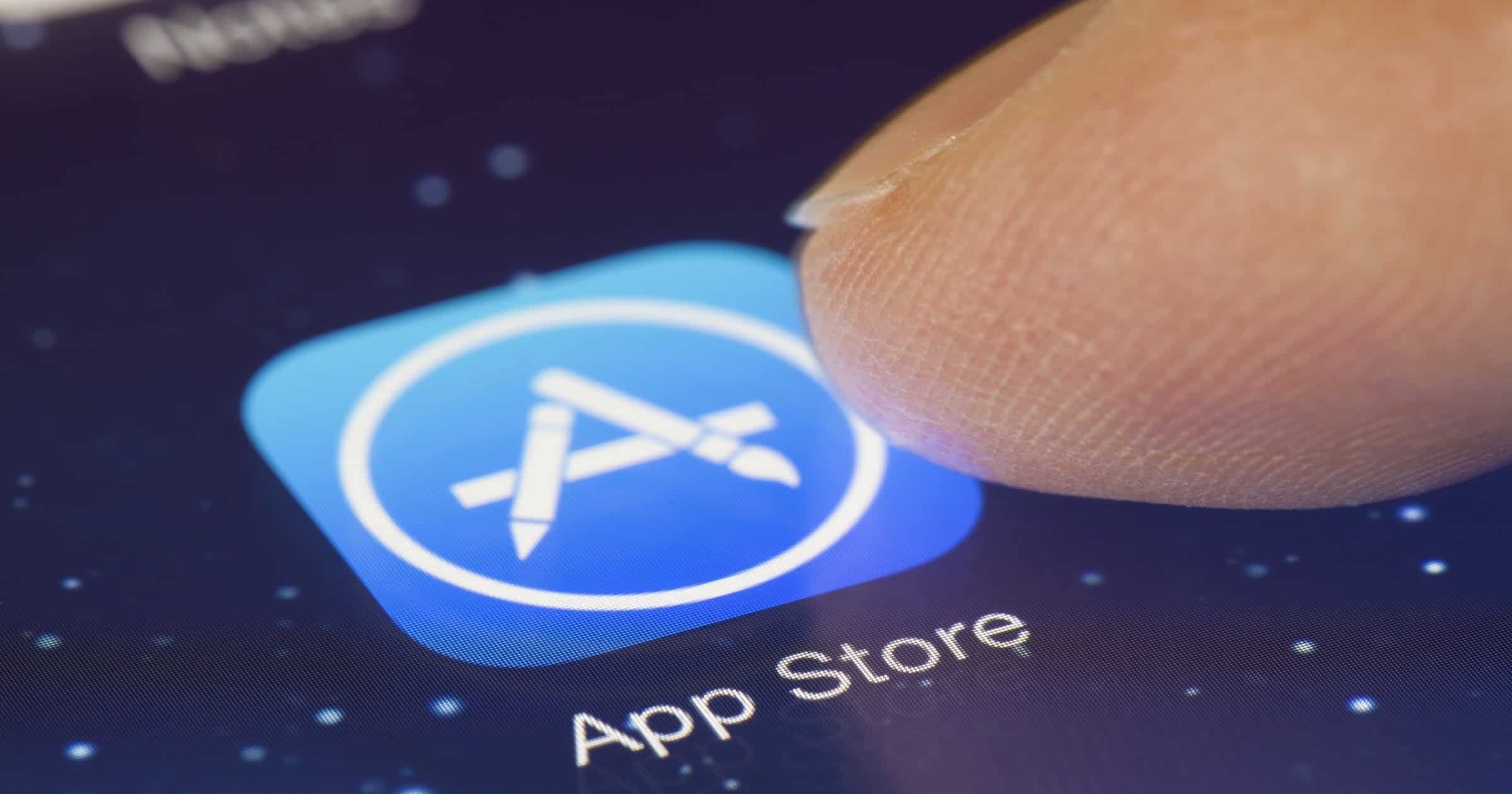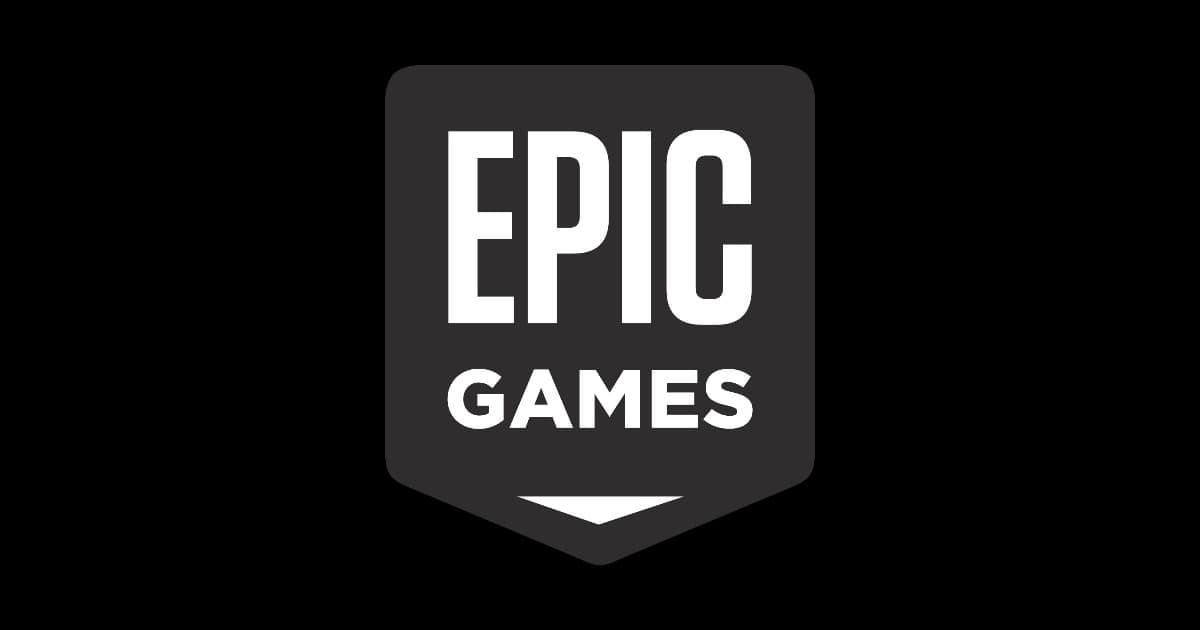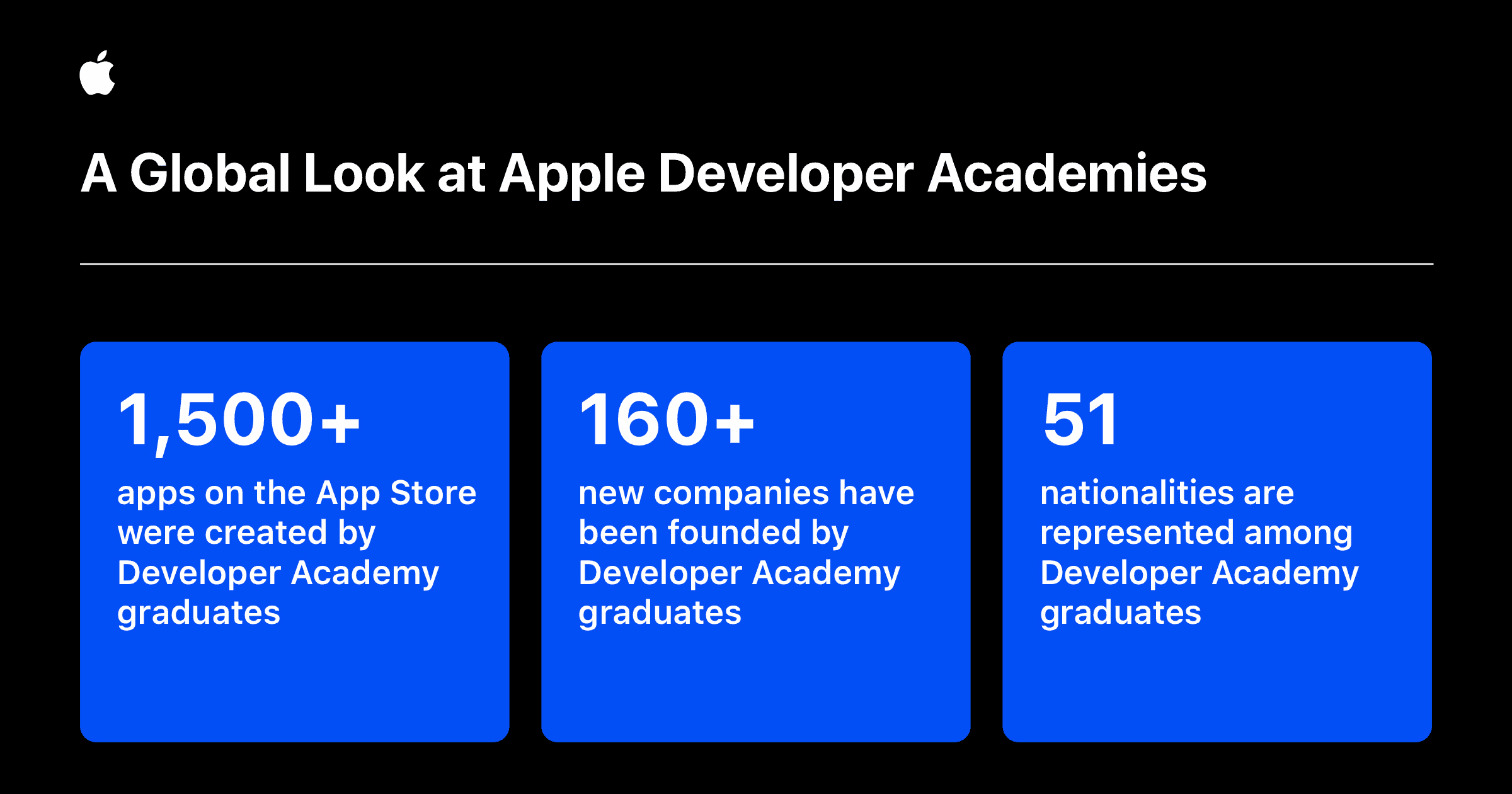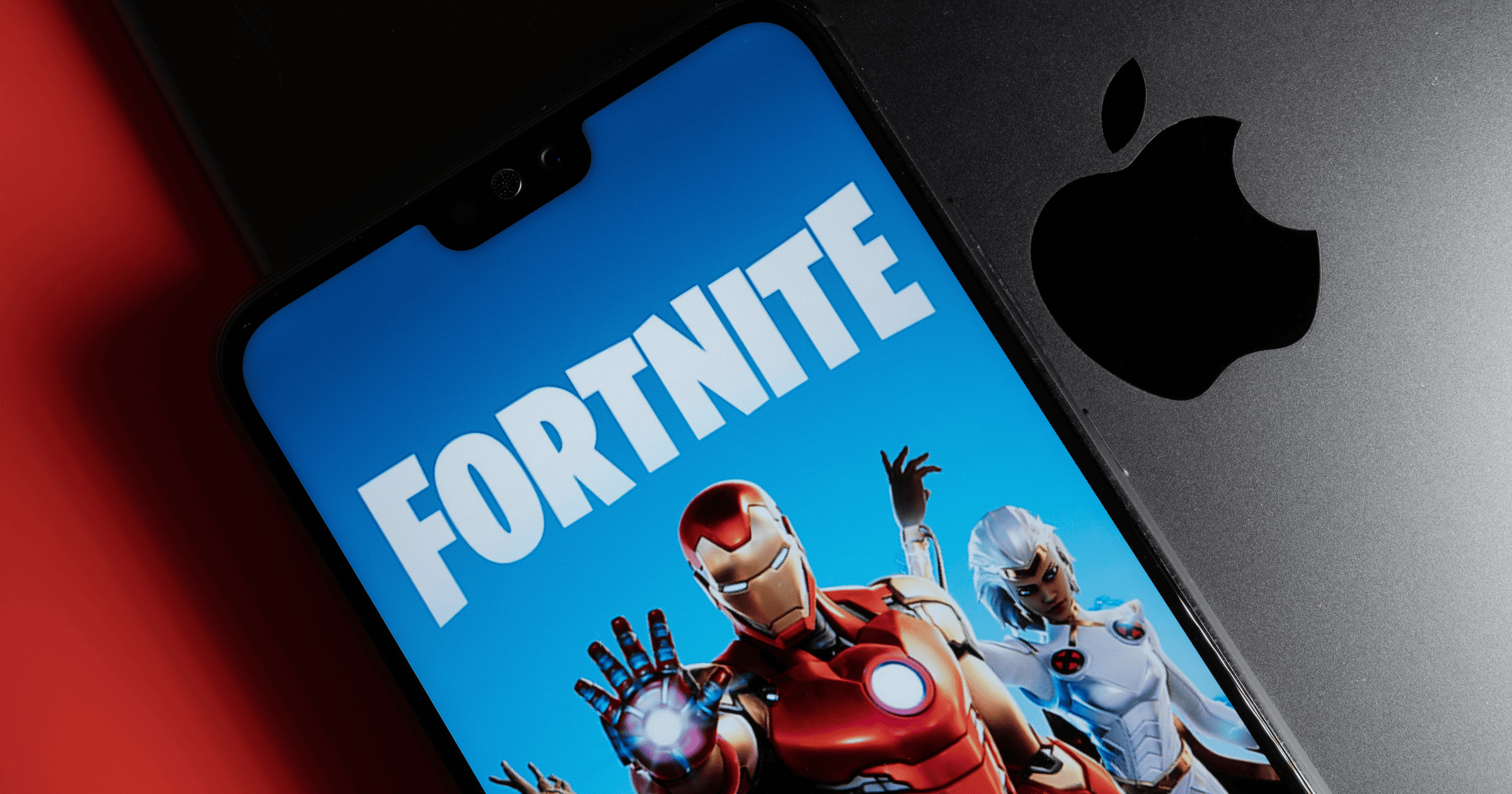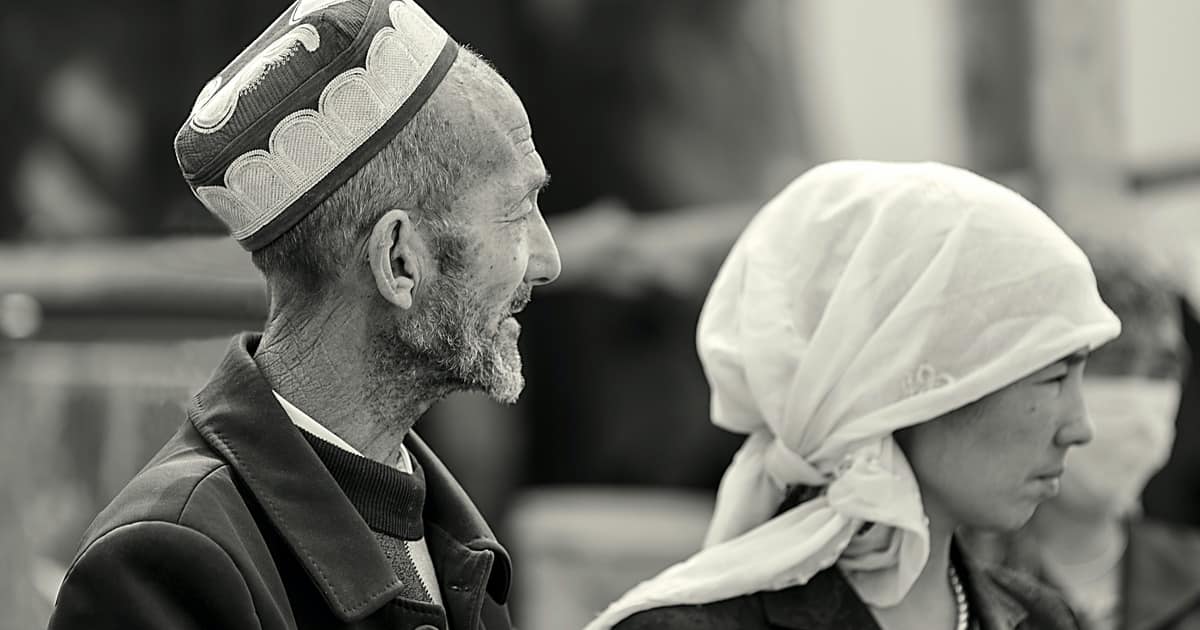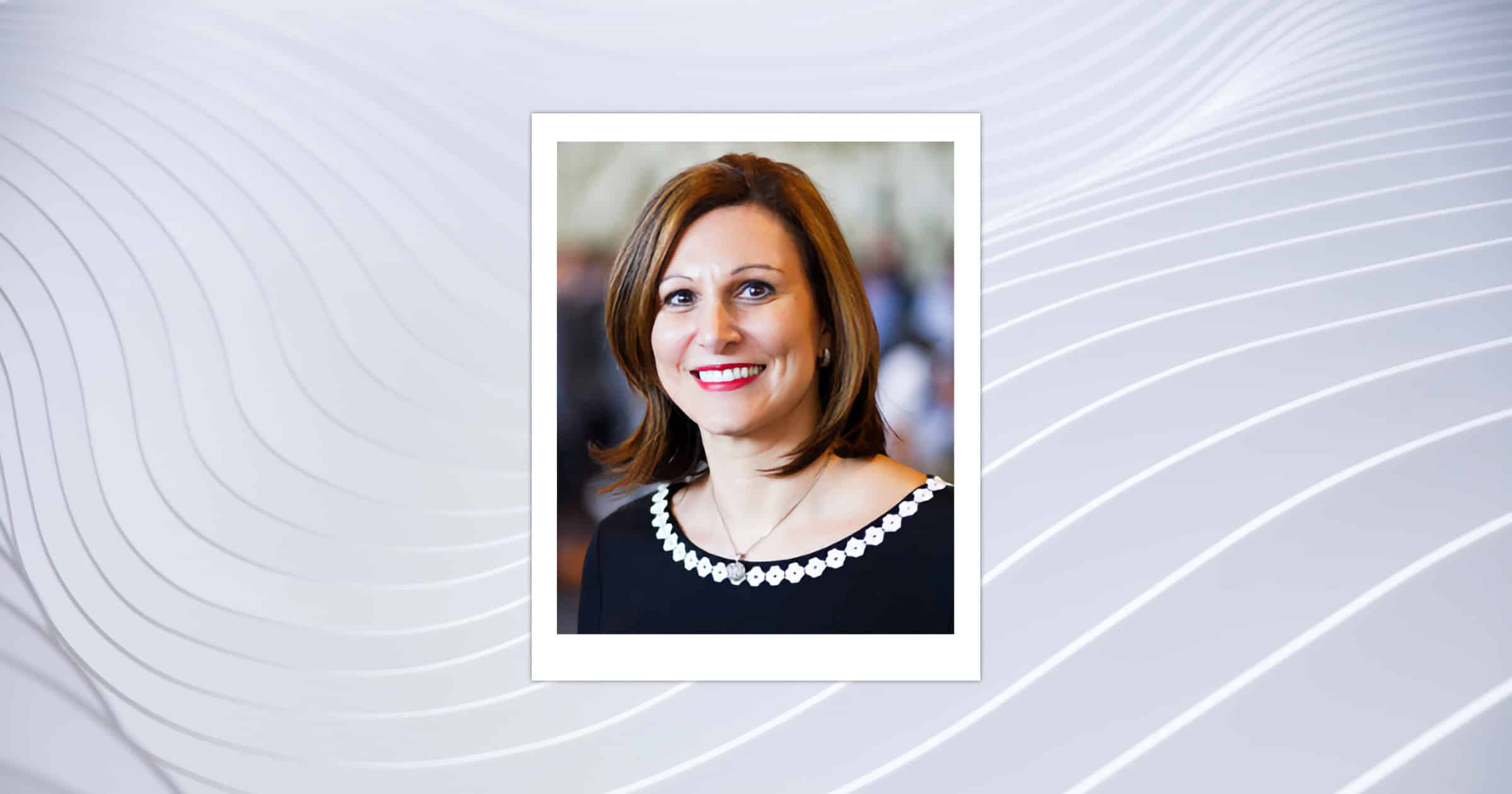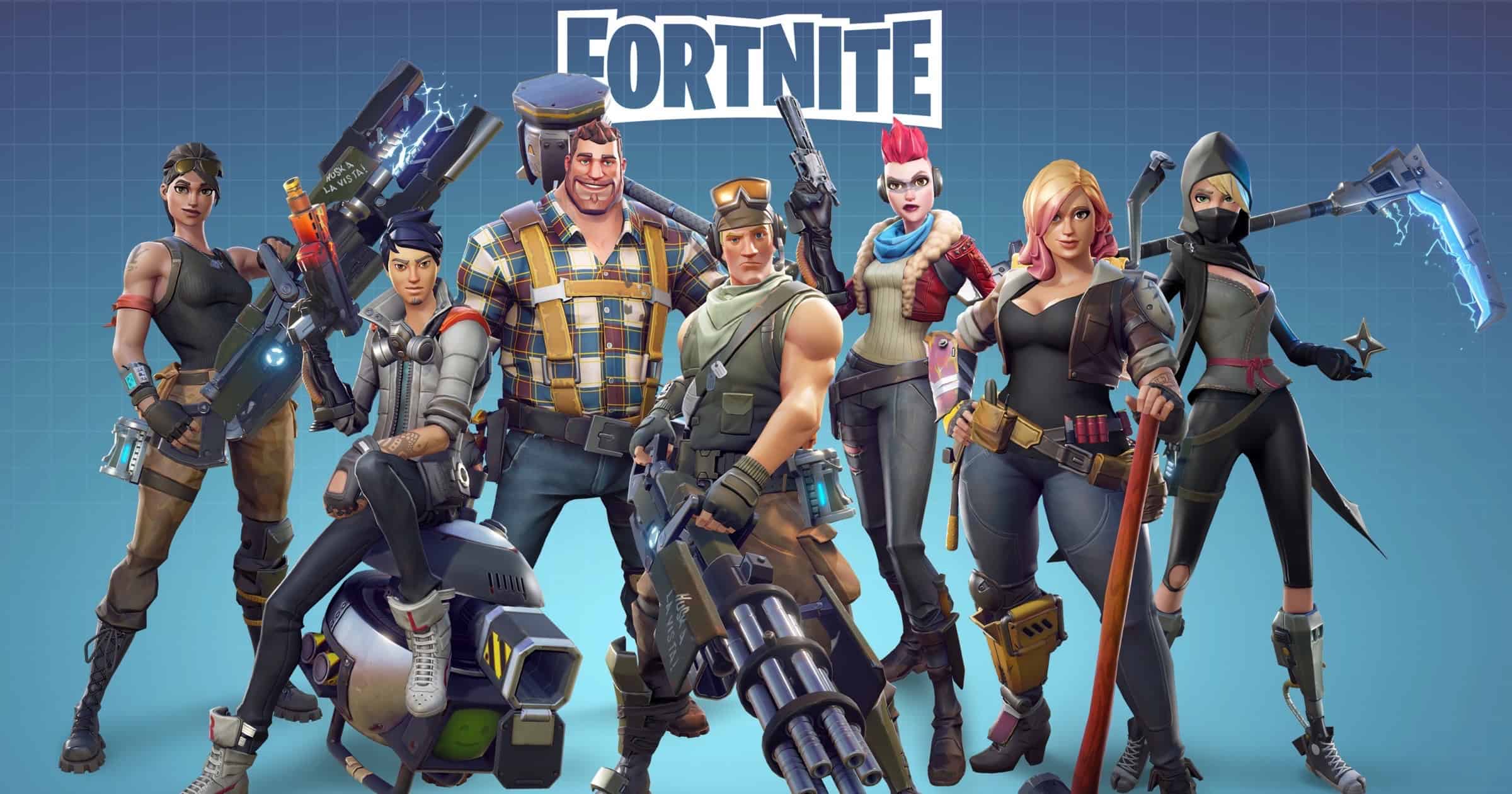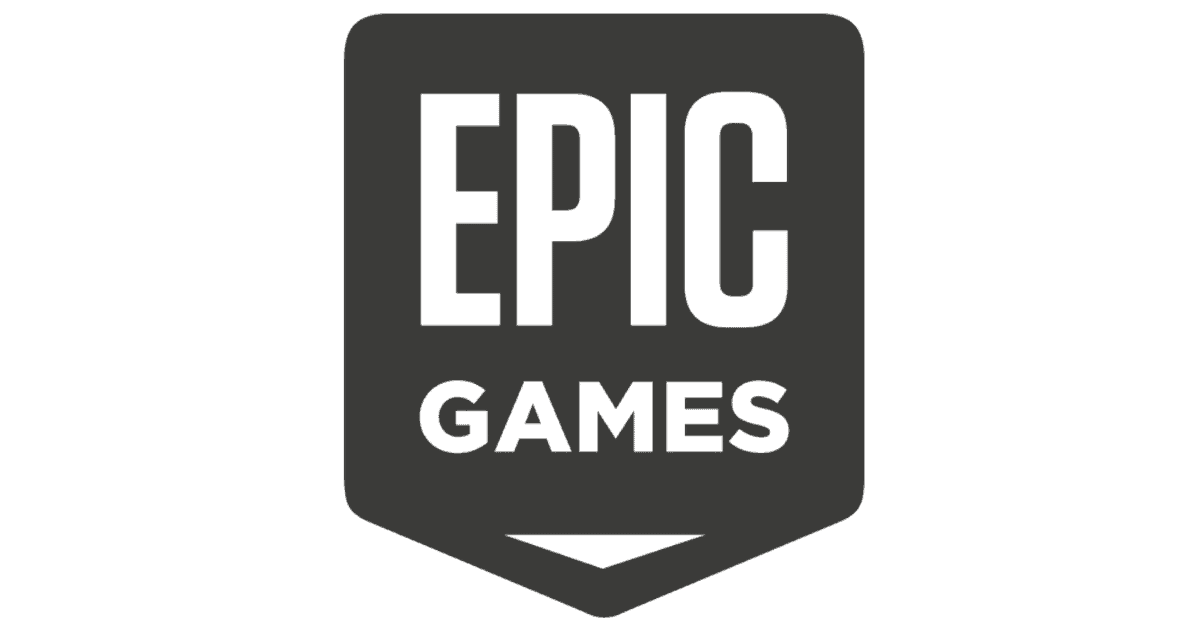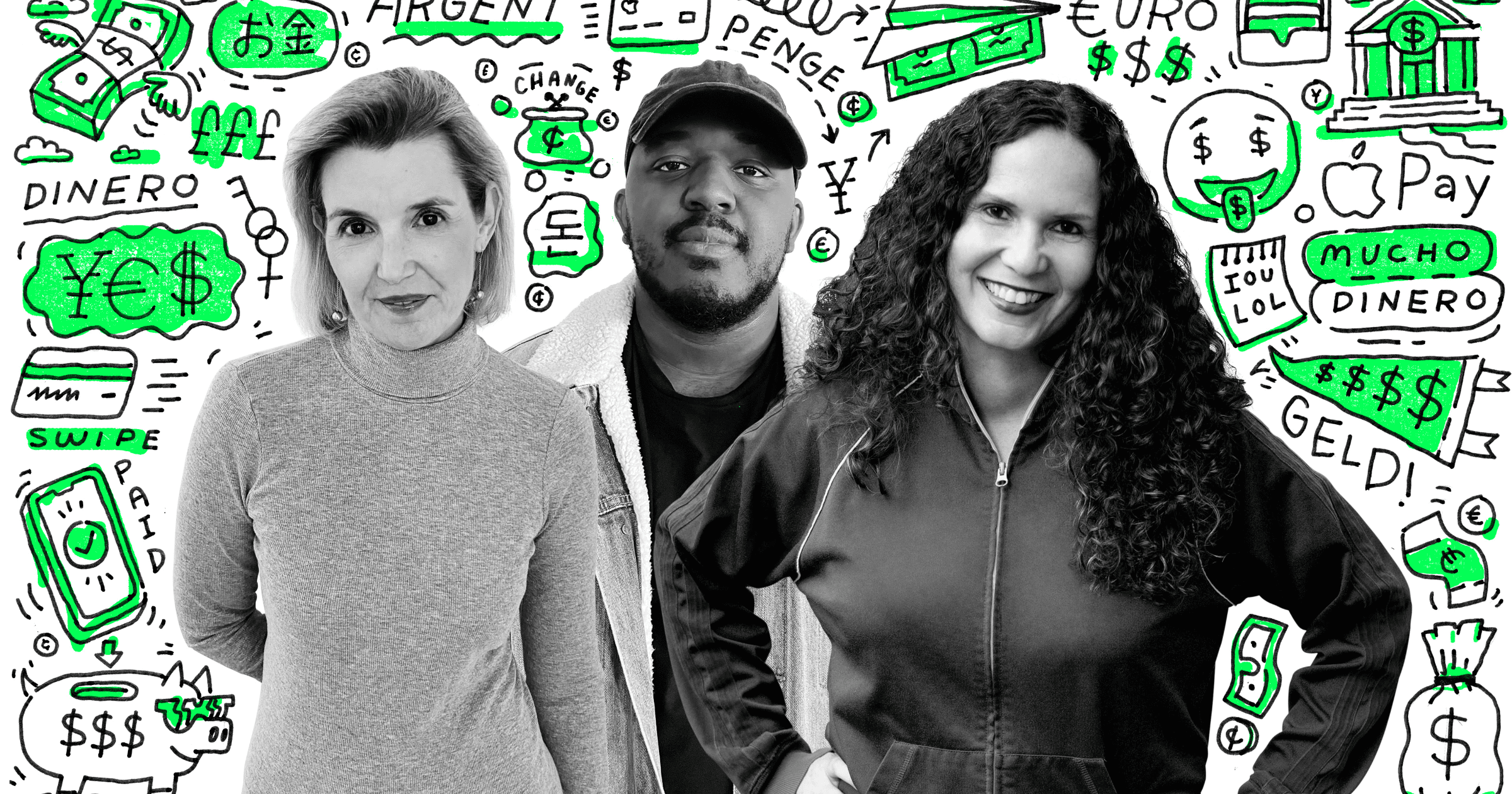Four historically Black colleges and universities (HBCUs) will each receive US$5 million ‘Innovation Grants’ from Apple.
Apple
This Man Warned Apple About China Years Ago
Apple hired Doug Guthrie in 2014 to help the company navigate China. But he warned executives of the growing power of Xi Jingping.
Apple, more than any other company, has been vulnerable to the government’s harder line. As a result, over the past several years, Apple has made compromises in China that undercut the values its executives have put at the center of its brand. To placate the authorities and keep its global business running, Apple has put its Chinese customers’ data at risk and aided the Chinese government’s vast censorship operation.
[Updated] UK Regulator Taking Closer Look at Apple and Google
UK regulator the Competition and Markets Authority has launched a market study into both Apple and Google.
'The Daily' Looks at Apple's Bet on China
Monday’s episode of The Daily podcast looked at Apple’s relationship with China and how it has evolved over time. It builds on a recent New York Times investigation into the same subject and raises some uncomfortable questions for the company.
Apple Stores to Drop Mask Requirement for Vaccinated Customers
Apple Stores will no longer require vaccinated customers in the U.S. to wear a mask where local restrictions allow for this.
Apple's OS Announcements, Favorite New Features, and Directions, with Jeff Gamet - ACM 548
Bryan Chaffin is joined by Jeff Gamet to discuss Apple’s WWDC keynote and software announcements, their favorite new features, and where they think Apple may be taking their products.
Dark Sky API, iOS App, Website Staying Open Until End of 2022
Dark Sky’s API service for existing customers, iOS app, and website will now remain available until the end of 2022.
Apple Suppliers Create 20,000 Jobs in India
A report on Thursday says that Apple’s suppliers in India have created approximately 20,000 jobs.
Democrats Prepare Set of 5 Antitrust Bills Targeting Tech Companies
Democrats in the House of Representatives are preparing five bills targeting tech companies in different ways.
The Apple vs Epic Games Trial is Over. For Now...
As the dust settles following Apple and Epic Games’ court battle, it’s worth remembering quite how significant the consequences could be.
LeBron James Shares Pictures of Unreleased Beats Studio Buds
LeBron James posted pictures of himself wearing unreleased Beats Studio Buds on Instagram, seemingly confirming their imminent arrival.
Apple Shares Entrepreneur Camp Participants' Inspiring Stories
Apple runs an Entrepreneur Camp in which participants are supported to develop and create new products. It shared the story of some of those involved in the program (pictured above).
Hopscotch founder Samantha John wanted to create an app that ignited the imaginations of young girl coders. Hopscotch is a code-learning app that enables kids to learn to think creatively and learn the fundamentals of code by building their own games, art, and stories. Kids and teens can publish their creations to Hopscotch’s fully moderated community where they can can play and learn together. John first learned the power of code through her coursework in college, but she noticed that a lot of her male friends had learned coding much earlier. “I wanted to make something for little me!” says John. “All my male coder friends had learned when they were kids, and it had not been something on my radar. I wanted to change that for the next generation.”
Apple 'is a Ruthless Bully', Says Spotify Chief Legal Officer
Spotify’s chief legal officer Horacio Gutierrez accused Apple of being “a ruthless bully” in a piece for The Wall Street Journal.
U.S. and China Activists Hit Out at Apple App Store During Epic Games Trial
As Apple’s court clash with Epic Games continues, campaigners in the U.S and China have reiterated their complaints against the App Store.
Experts Key to Epic vs Apple Battle
The Epic Games vs Apple case is well underway. A key part of the trial is expert witnesses, with David Evans, chairman of Global Economics Group set to be there for the Fortnite maker. Reuters has a breakdown of the significance of his, and other, appearances.
On the stand this week, Evans testified that Apple is what is known as a single-brand market, arguing that once consumers buy an iPhone, the costs of switching to an Android are so high that they rarely make the jump. Since about 2010, Evans testified, Apple’s App Store has effectively been its own market, and users rarely venture outside. After Apple kicked “Fortnite” off the App Store, Evans testified, only a small fraction of Apple users jumped to other devices like PCs or gaming consoles to play “Fortnite.”
Detroit Apple Developer Academy Applications Open This Week
Two new Apple Developer Academies in Korea and Detroit, Michigan are coming, with the applications for the Detroit site opening this week.
Epic vs Apple - The Story of the Trial so Far
Apple’s court battle with Epic Games is into its second week, and the result could define the future of the App Store and iOS more widely.
Report Links Apple Suppliers With Alleged Forced Labor Programs for Uyghur Muslims in China
Seven Apple suppliers have been linked to forced labor programs that are suspected to be related to the alleged Chinese genocide of Uyghur Muslims in the country’s Xinjiang region. That’s according to a new human rights report shared with The Information, picked up on by AppleInsider.
The Apple supply chain partner produce components, coatings, and offer assembly services to the Cupertino tech giant. At least five received thousands of Uyghur and other oppressed minority workers at specific plants that did work for Apple, according to an investigation by human rights groups and The Information. According to the report, evidence suggests that Advanced-Connectek, Luxshare Precision Industry, Shenzhen Deren Electronic Co., Avary Holding, AcBel Polytech, CN Innovations, and Suzhou Dongshan Precision Manufacturing Co. participated in the forced labor programs. To identify those manufacturers and supply partners, the investigation used previously unreported public statements, images, and videos by Chinese government offices and state-run media organizations. That evidence found that the companies participated in what the Chinese call a poverty alleviation program.
Apple Hires Stella Low From Cisco for Corporate Communications
Apple has hired Cisco’s Stella Low to be its new Vice President of worldwide corporate communications.
Epic Games Versus Apple: A Legal Overview
Since it began on Monday, we have heard various bits of information coming out of the Epic Games trial against Apple. MacStories‘s John Voohres was a lawyer for many years and gave an outline of what we can expect as the case develops.
There is no legal prohibition against formulating a business strategy with the assistance of professionals to deal with a competitor. However, Epic’s actions arguably demonstrate a level of bad faith that could undermine its antitrust case, something Judge Gonzalez Rogers has essentially suggested at previous hearings. A very old legal principle that is known as the doctrine of ‘unclean hands,’ which Apple has raised and is based on the equitable notion that manufactured disputes should be discouraged, could prevent Epic from winning some or all of its claims, regardless of their merits.
Apple Rejects 78 Percent App Store Operating Margin Figure From Epic Expert Witness
Apple hit back at a figure put forward by an expert witness for Epic Games who said the App Store had operating margins of nearly 78 percent.
How Apple is Navigating the Great Semiconductor Shortage
Apple is faring better than most as the global semiconductor shortage continues. Reuters analyzed why it is in a better position than other firms, particularly automakers, and also explained why it could face some problems in the near future.
Apple, which is famous for its supply chain management and has more buying power than any other company, has avoided problems so far in meeting surging demand in part by burning through supply buffers, Chief Executive Tim Cook told investors on a conference call Wednesday. Problems procuring chips made with older-generation technologies will catch up with Apple in the current quarter, Cook said, noting that other industries also use such chips. He did not cite automakers specifically, but many of their components are based on such earlier-generation tech. Apple expects the problems to mostly affect iPads and Macs – two product lines that have sold well as work-from-home tools during the pandemic but whose sales are a fraction of Apple’s cash cow, the iPhone. Ford, by contrast, is facing production shutdowns for its most profitable product, the F-150 pickup.
Apple Highlights Apps to Improve Financial Wellness
Apple highlighted three apps that it said are helping to enable financial wellness for everybody – Ellevest, Goalsetter, and Perch. It also shared the stories of the founders behind these products.
One of the first Black-woman-owned fintech and financial education apps on the App Store, Goalsetter engages kids in a uniquely relevant way: helping them start a savings account and using quizzes, GIFs, memes, and culturally relevant partnerships with celebrities and institutions to teach them and their families about saving, spending, building personal wealth, and more. For one national campaign with a mission to get 1 million Black and Brown kids saving, Goalsetter has partnered with several organizations equally committed to changing the financial futures of Black and Brown kids and families.
A Long Awaited Update, Searchin Safari – TMO Daily Observations 2021-04-26
Charlotte Henry joins host Kelly Guimont to discuss the actual for real this time iOS 14.5 update, better searching in Safari, and more.

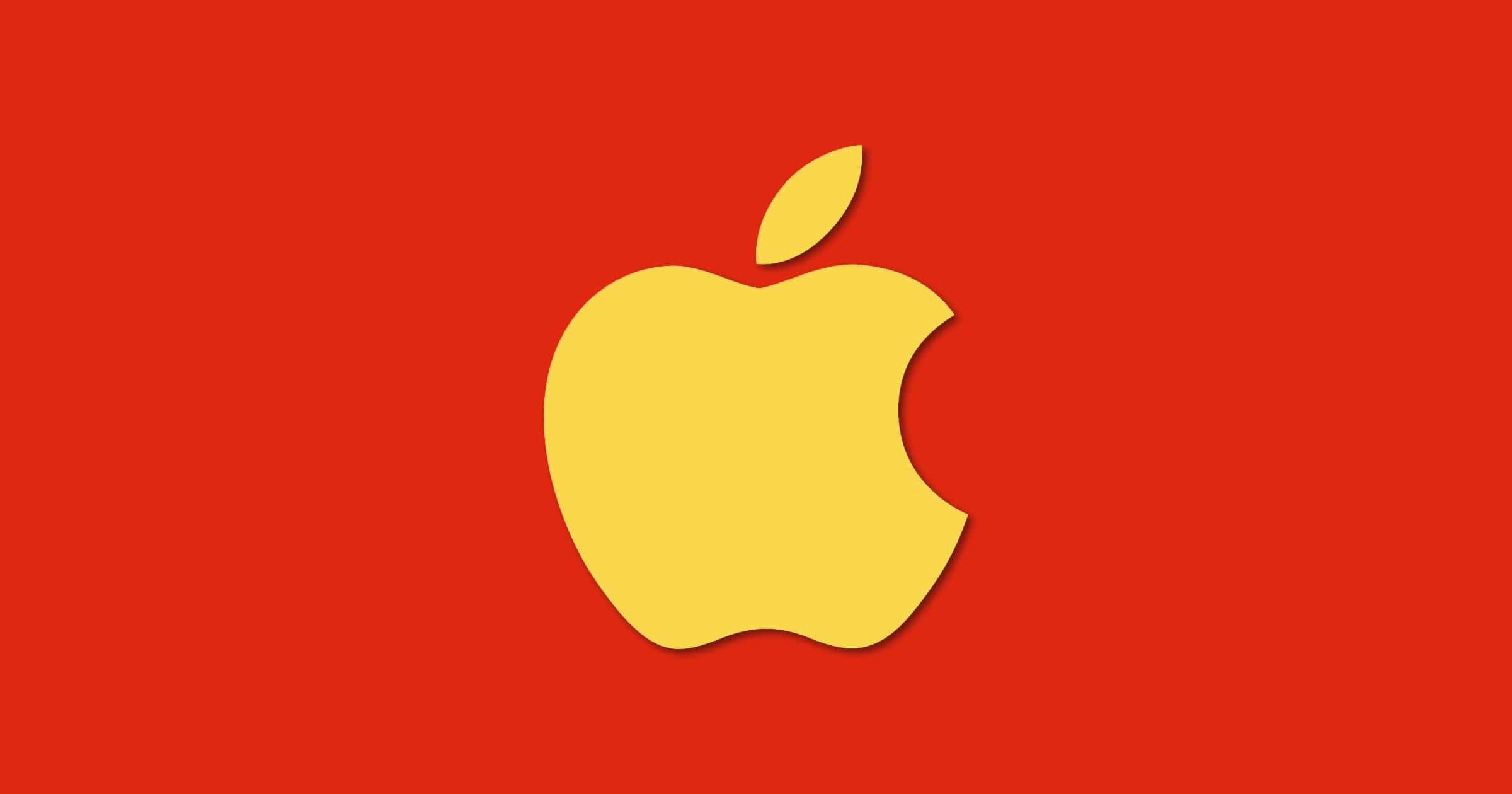
![[Updated] UK Regulator Taking Closer Look at Apple and Google](https://www.macobserver.com/wp-content/uploads/2020/04/workheader-apple-google-logo.jpeg)
